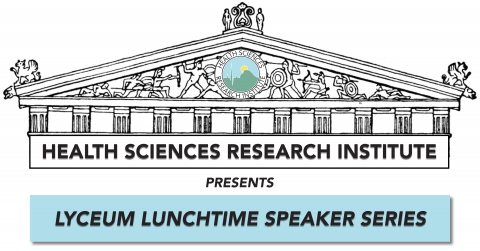Saturday 26 July 2025
The American Public Health Association (APHA) presented public health Professor Susana Ramirez with the 2017 Early Career Award at its annual meeting last month.
Professor Chris Amemiya is new to UC Merced, but he’s a veteran scientist with a long list of breakthroughs to his name.
Scientists have long known that cells originating from an animal’s anterior — the body’s upper half — tend to grow, divide and survive better than those from the posterior. Studies show this to be true in cancer as well, with anterior cancers metastasizing more aggressively. Now scientists are beginning to understand why.
Very few people will admit to an abiding love of statistics. But Emanuel Alcala, a second-year public health doctoral student, believes statistics are key to solving many of the San Joaquin Valley’s public health challenges.
“I grew fond of statistics when I started working at the Central Valley Health Policy Institute,” Alcala said. “I saw firsthand how statistics could impact people.”

HSRI presents the Lyceum Lunchtime Speaker Series throughout Fall 2017 to Spring 2018, with presentations by Graduate Students in health-related research fields, to stimulate interdisciplinary collaboration and fortify research presentation skills.
Hunger is a critical issue facing most of the nation and the world, but it’s even closer to home than some might think. At UC Merced, it's an issue that many students face, and one that researchers are seeking to understand.
A systemwide survey last year found that four in 10 University of California students did not have a consistent source of high-quality, nutritious food — and at UC Merced it was even higher, with nearly half of those surveyed responding that they don’t have reliable access to wholesome food.
Topics ranging from ethnobotany, public health and feminism to agriculture, urban growth and social movements are among the highlights of the Mesoamerican Studies Center’s upcoming conference at UC Merced.
Professor Clarissa Nobile is changing the way we look at microbes. She wants to understand them as they’re found in nature, not as they exist in the laboratory. And she was just awarded a five-year, $1.89 million grant from the National Institutes of Health (NIH) to bolster her efforts.